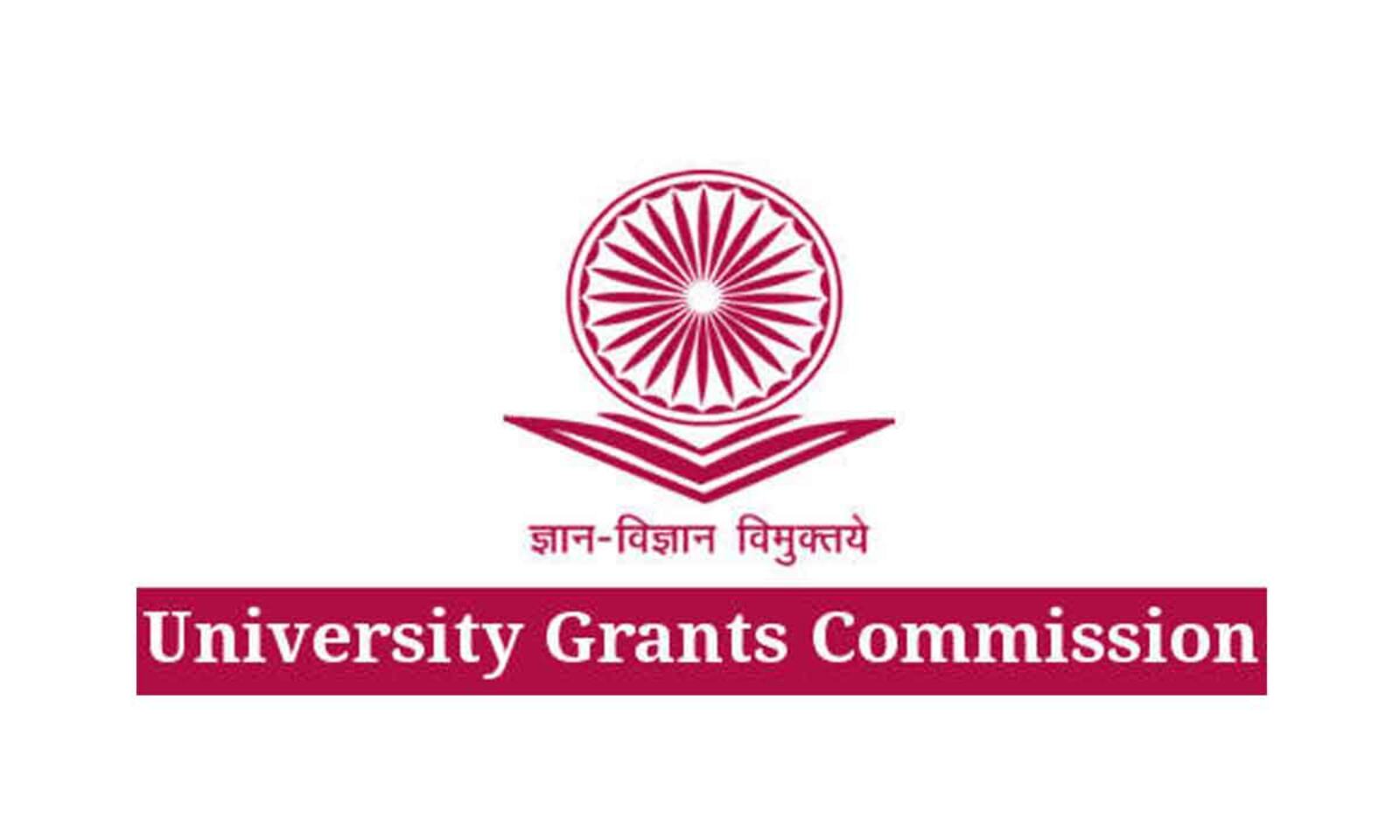New Guidelines For Deemed Universities
Context:
Union Education Minister Dharmendra Pradhan announced a new set of rules for institutions that are deemed to be universities and stated that the goal of the Centre was to encourage universities to place an emphasis on quality and excellence, strengthen the research ecosystem, and have a long-term impact on changing the higher education landscape.
UGC (Institutions Deemed to be Universities) Regulations, 2023
Some of the salient features of regulations are:
- The National Education Policy 2020 is in line with the regulations. Providing higher education that leads to excellence in various fields of knowledge, primarily at the undergraduate, graduate, and doctoral degree levels, fully conforming to the concept of a university, is one of the goals of the institutions that are deemed to be universities. Another goal is to strengthen the research ecosystem and support social transformation through socially responsive teaching, learning, research, and fieldwork.
- NAAC “A” grade with at least a 3.01 CGPA for three consecutive cycles, NBA accreditation for two-thirds of eligible programmes for three consecutive cycles, ranking in the top 50 of any given NIRF category for the previous three years continuously, or ranking in the top 100 of the overall NIRF Ranking for the previous three years continuously are the requirements for applying for deemed-to-be-university status.
- A group of institutions run by many supporting organisations can also apply to be recognised as universities.
- Sponsoring entities may submit an “online” application for their institutions to be recognised as universities. In virtual mode, the Expert Committee evaluates the facilities, engages with stakeholders, and validates the paperwork.
- With the prior consent of its Executive Council and, if applicable, with the approval of the relevant statutory council, an institution that is considered to be a university may begin new courses or programmes in any discipline on its current campus and authorised off-campus facilities.
- A current institution or a new institution that focuses on teaching and research in distinctive disciplines and/or addresses the strategic needs of the nation engages in the preservation of Indian cultural heritage or the environment, is committed to skill development, is committed to sports or languages, or is committed to any other discipline(s), as determined by the Expert Committee of Commission, will be taken into consideration under the heading “Distinct Institutio Such Institutions will not be subject to the eligibility requirements.
- To establish off-campus centres, an institution must have a minimum “A” grade or be placed between 1 and 100 in the “Universities” category of the NIRF rankings for the relevant year. If an institution is accredited with an A grade or ranks in the top 100 in the NIRF’s “universities” category after five years of its declaration as falling under a “distinct category,” it may apply for off-campus housing.
Points to Ponder:
- Objective: The Regulations’ main goals are to boost the research environment, encourage universities to put an emphasis on quality and excellence, and eventually change the face of higher education.
- Replacing Former Regulations: The UGC (Institutions Deemed to be Universities) Regulations, 2023, which supersede the prior regulations from 2019, were adopted by the University Grants Commission (UGC).
- Facilitating Quality-Focused Universities: The objective and transparent goal of the new legislation is to encourage the development of more quality-focused universities.
- Alignment with NEP: Regulations are in accordance with the National Education Policy of 2020, which reflects a broader vision for education changes in India.
- “Light but Tight” Approach: UGC Chairman M. Jagadesh Kumar referred to the regulations as “light but tight,” suggesting a balanced approach that maintains necessary oversight and regulation while preserving freedom for institutions.
- The term “Deemed to be Universities”: The UGC Act, 1956 contains the phrase “deemed to be universities,” which cannot be instantly eliminated. However, it is believed that once the Higher Education Commission of India is constituted by a Parliamentary act, the phrase would be eliminated.
- Recognition of UGC Reform: Dharmendra Pradhan, the minister of education for the Union, praised the UGC for implementing the new laws at the right moment.
- New eligibility requirements: The eligibility requirements for applying for status as a deemed university have changed with the 2019 regulations.
- Emphasis on Quality Indicators: To evaluate eligibility for the position of “deemed to be university,” the amended standards place particular emphasis on variables such as multidisciplinarity, NAAC grading, NIRF ranking, and NBA grading.
- NAAC Grading: Institutions must receive a NAAC ‘A’ grade and a minimum CGPA of 3.01 for three consecutive cycles to be eligible.
- NBA Accreditation: As an alternative, institutions may be eligible if they have maintained NBA Accreditation for three consecutive cycles for at least two-thirds of their qualified programmes.
- NRIF Ranking: Institutions can satisfy the NIRF ranking requirement if they have consistently placed in the top 50 in any given category for the previous three years.




